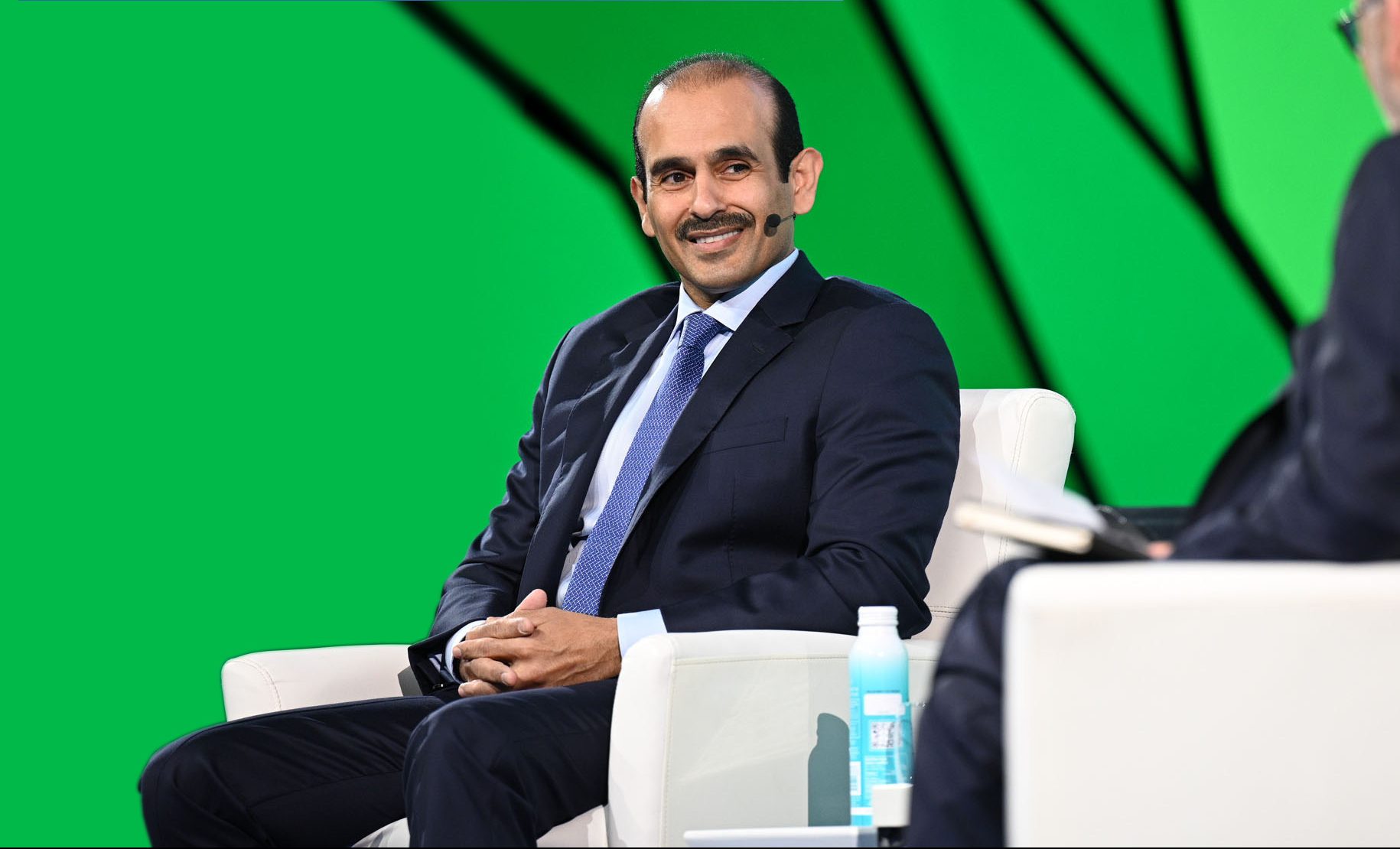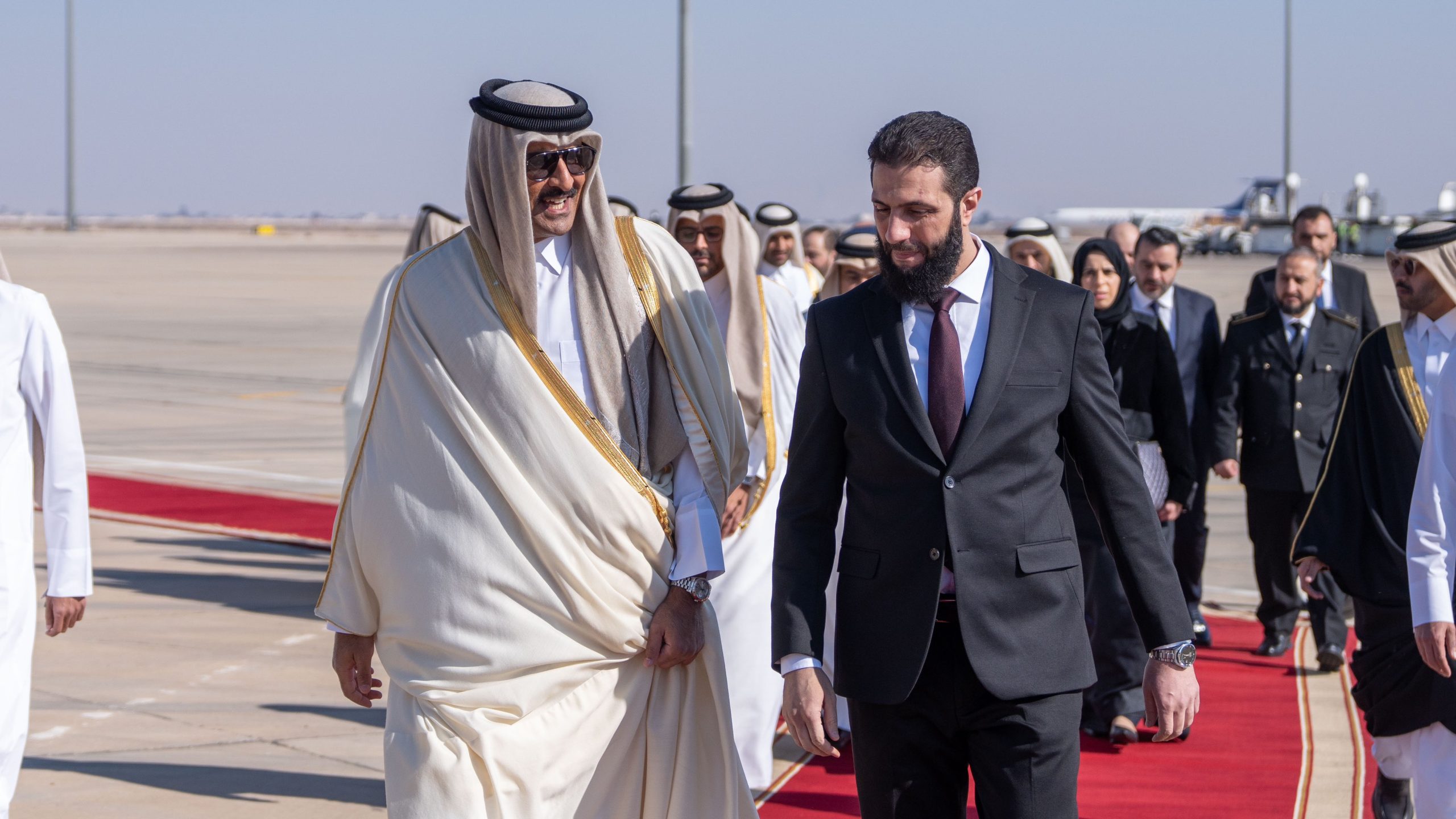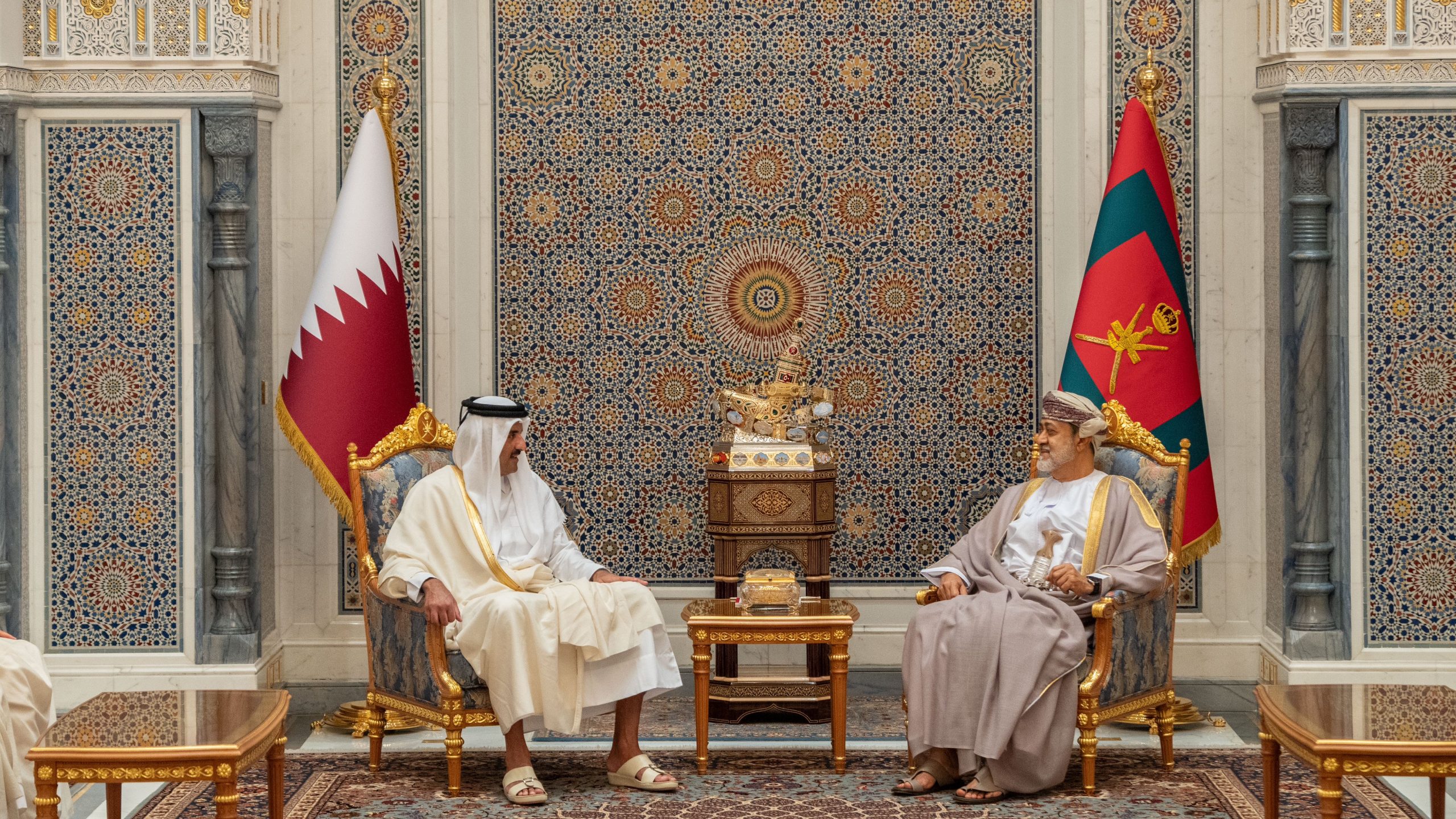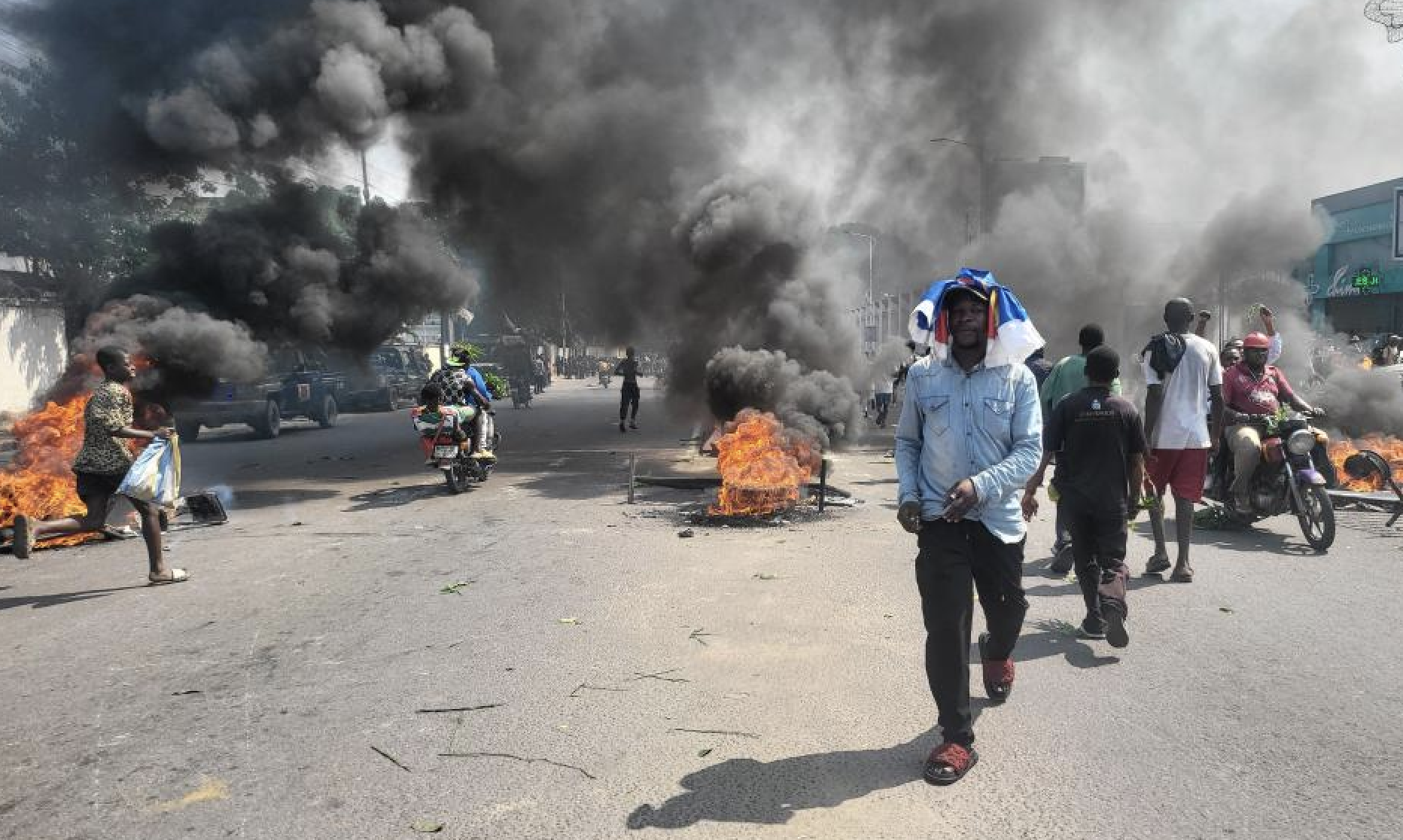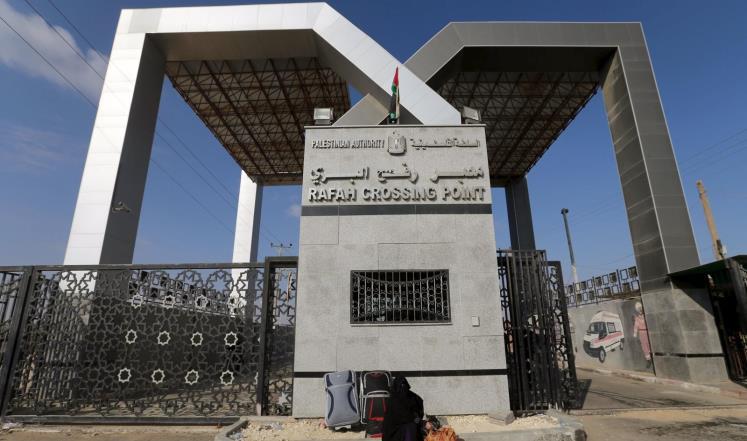The Qatari energy official stressed that the “West has to remember that there are a billion people who don’t have access to electricity .”
Qatar’s Minister of State for Energy Affairs, Saad Sherida Al-Kaabi, stressed the need to create a balance between energy security and sustainability at the India Energy Week 2024 (IEW) conference on Wednesday.
Al-Kaabi highlighted the key challenges facing the global energy market through his participation at the conference, which saw the attendance of 35,000 people, including key industry officials.
Hardeep Singh Puri, India’s Minister of Petroleum and Natural Gas was in attendance at the conference, the largest of its kind in India.
Al-Kaabi, who is also the president and CEO of QatarEnergy, underscored that facing global energy challenges requires that stakeholders “create a balance between energy security, affordability, and sustainability, while at the same time encouraging investments in a diverse energy mix.”
The energy mix includes renewables, natural gas, and other cleaner sources to curb global emissions while simultaneously mitigating the “risks associated with the volatility of energy markets,” as cited in a statement by QatarEnergy.
Al-Kaabi noted that the unrealistic energy transition targets are threatening energy security as all sources are needed to meet global demands.
“The green push is demonising the oil and gas sector and that has led to a 25% reduction in (oil and gas) capex since 2015… It’s irresponsible that we don’t need fossil fuel,” he said, as quoted by Upstream newspaper.
Europe has long promoted ambitious goals of achieving net zero emissions by 2050, through many industry experts and agencies. On Tuesday, the European Commission recommended cutting greenhouse gas emissions by 90% by 2040.
“Companies which made a shift from oil and gas to becoming green companies are coming back and saying they are now focused on oil and gas. Companies have taken a 180-degree turn, even in the UK,” he added.
Al-Kaabi stressed that the “West has to remember that there are a billion people who don’t have access to electricity which they have.”
Europe’s fragile energy market witnessed a difficult period between the outbreak of COVID-19 in 2020 and the start of the Russian war on Ukraine in 2022, spiking the prices of oil and gas.
Qatar, the world’s second-largest exporter of liquified natural gas, became at the centre of Europe’s energy demands with several countries looking towards securing supply agreements with the gas giant.
Such countries include Germany, which had signed a 15-year LNG supply agreement with Qatar in 2022, with flows expected to kick start in 2026.
Europe previously received 40% of its gas supplies from Moscow, and almost a third of the shipments passed through Ukraine before tensions caused a drop in numbers.
The market appeared to gradually return to its pre-crisis levels late last year with prices returning to adjusted levels, Reuters reported on November 29, 2023. The warm winter of 2022-2023 also led to falls in gas consumption in Europe, the report added.
On the other hand, the current escalations in the Red Sea are disrupting key trade routes, threatening Europe’s gas shipments. LNG is transported by tankers rather than traditional pipelines and often passes through the Red Sea.
The high tensions triggered fears over reversing the recovery of Europe’s gas industry with energy companies forced to divert their routes to bypass the high-tension zone of the Bab El-Mandeb Strait.
A total of 12.9% of Europe’s LNG passed through the Red Sea from its Middle East suppliers, mainly Qatar, according to ABC News.
QatarEnergy had confirmed on January 24 that its LNG production has not been interrupted in light of the regional escalations, noting that the events might impact the scheduling of the deliveries instead.
The statement came following reports pointing to a delay in Qatar’s LNG shipments due to geopolitical tensions.
The Houthi’s capture of the Galaxy Leadership on November 19, which is partially owned by an Israeli businessman, marked the first such attack on an Israel-linked vessel. Yemen’s Houthis have since vowed to include American ships in the ongoing Red Sea attacks.
The U.S. then launched Operation Prosperity Guardian on December 18, 2023, a coalition that includes the United Kingdom, Bahrain, Canada, France, Italy, the Netherlands, Norway, Seychelles and Spain.

